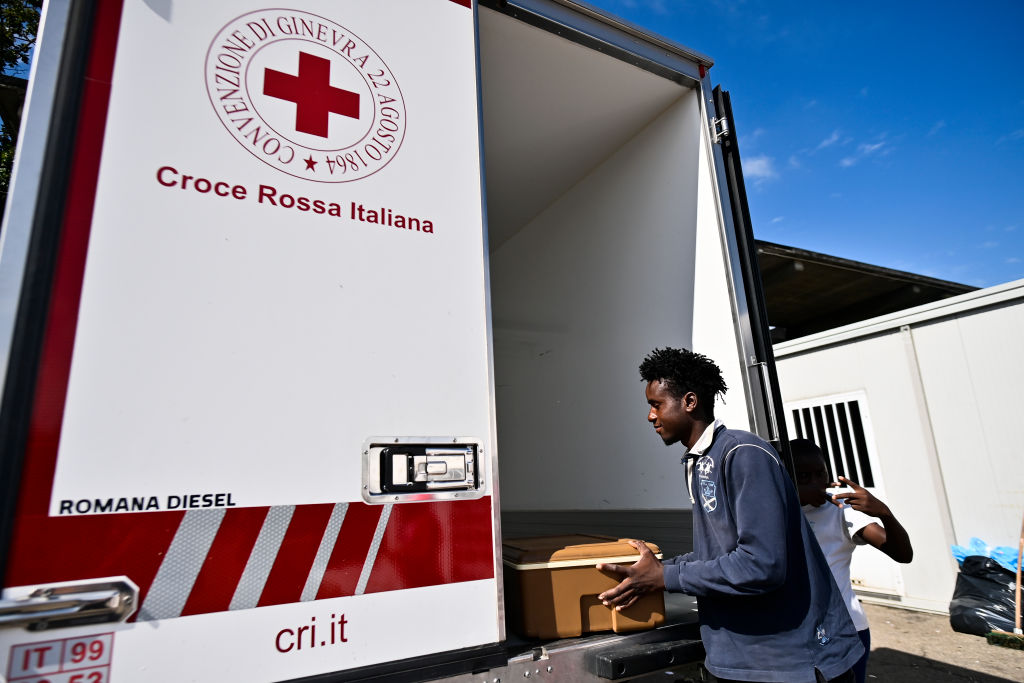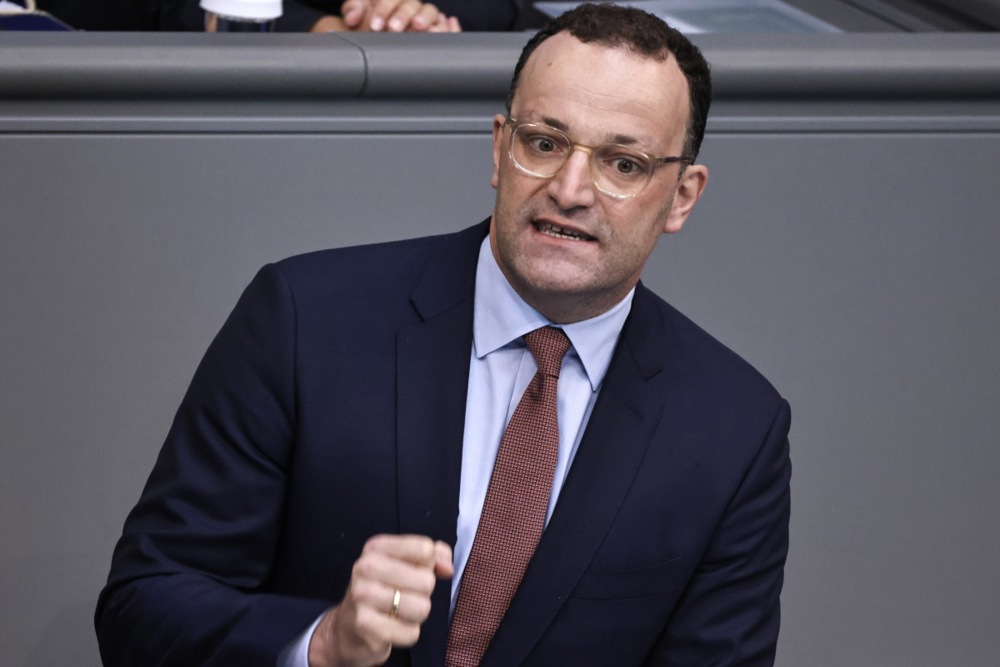An agreed package on stricter migration laws in Germany faces opposition from the Greens, despite Green Minister Robert Habeck being part of the negotiating team.
After a knife attack by a reported Islamist in Solingen, where three people were murdered and several badly injured, the German government hatched plans to curb knife possession and tighten migration laws in order to enhance security.
Interior Minister Nancy Faeser (SPD), Justice Minister Marco Buschmann (FDP) and Economics Minister Robert Habeck (Greens) agreed on a number of measures, including the use of AI and biometric matching to identify potential terrorists.
But now, the Greens are speaking out against adopting the measures.
Over the weekend, the German government sent a text on the proposed changes to parliamentary groups in the Bundestag, and the Greens reacted by putting on the brakes.
“It would not be a good idea to frantically approve the new security package with its tightening of asylum in parliament,” Green MEP Erik Marquardt, who also sits in the party council of the Greens, told German daily Tagesspiegel.
“A hysterical bidding competition to reduce asylum numbers will not be won against the far right.”
“It harms our democracy when laws are passed in summary proceedings for no reason.”
During the Festival of Diversity in Solingen to celebrate the city’s 650th anniversary, an immigrant allegedly killed three people. Eight others were injured, five of them seriously. One person is in a critical condition in hospital.https://t.co/2vlBYCrS1W
— Brussels Signal (@brusselssignal) August 26, 2024
The proposed tightening of asylum laws, which includes the termination of all social benefits for refugees who are required to leave the country as well as the prohibition on holiday trips back to home countries, has drawn criticism from the Greens.
Habeck’s Liberal coalition partner, the FDP, reacted with displeasure to the Green U-turn and urged him to stay the course.
“Robert Habeck helped negotiate the security package and is now responsible for its rapid implementation,” said the deputy FDP parliamentary group chairman, Christoph Meyer, as reported in Tagesspiegel.
The security package is a first step towards achieving quick results in Solingen, according to Meyer.
Christian Democrats (CDU) and Alternative for Germany (AfD) say the government plans don’t go far enough.
“The so-called security package does not deserve its name,” said the Union’s domestic policy spokesman, Alexander Throm, in Tagesspiegel. “Even after Mannheim, Solingen and Munich, the FDP refuses data retention and video surveillance out of pure ideology,” Throm said. The FDP is “a danger to the security of our population”.
“And in the migration policy part, there is not a single proposal that limits immigration even slightly,” the CDU politician said. The Union is making its support for the package dependent on application rejections taking place at borders.
Alice Weidel, co-president of AfD, noted that “In the fight against terrorism, the Greens do not view Islamist attacks as necessitating action to improve citizens’ security. Instead, they see these events as an opportunity to restrict freedom of expression and impose bans on Elon Musk’s X-platform.”
Afghan asylum seekers and refugees in Germany are reportedly making unauthorised trips back home despite having claimed their lives were at risk in Afghanistan as a reason for seeking asylum. https://t.co/oMnhgXB4Ck
— Brussels Signal (@brusselssignal) August 16, 2024





